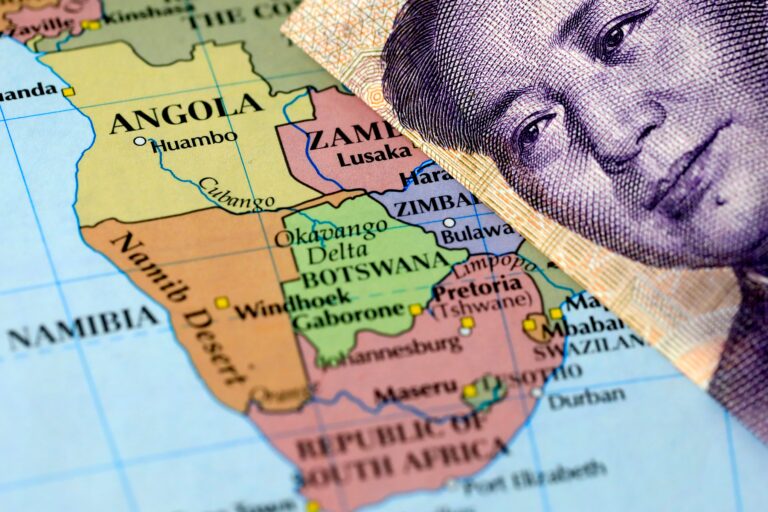Russian interference in the 2016 US presidential election drew attention to the ways that social media can be leveraged for information operations by nation-state actors. Since then, however, these campaigns have evolved. Using the 2020 election in the United States as a case study, this Hybrid CoE Working Paper evaluates how the actors, strategies, and tactics for spreading disinformation have evolved from 2016 to 2020, and discusses the direction that future policymaking should take to address contemporary trends in information operations.

Hybrid CoE Working Paper 11: Disinformation 2.0: Trends for 2021 and beyond
by Isabella Garcia-Camargo, Samantha Bradshaw
Recent publications

Identity & cognitive vulnerabilities
 Hybrid CoE Paper 24
Hybrid CoE Paper 24Social identities and democratic vulnerabilities: Learning from examples of targeted disinformation

Maritime
 Hybrid CoE Research Report 14
Hybrid CoE Research Report 14Protecting maritime infrastructure from hybrid threats: legal options

Non-state actors
 Hybrid CoE Paper 23
Hybrid CoE Paper 23Countering state-sponsored proxies: Designing a robust policy

China
 Hybrid CoE Research Report 13
Hybrid CoE Research Report 13

